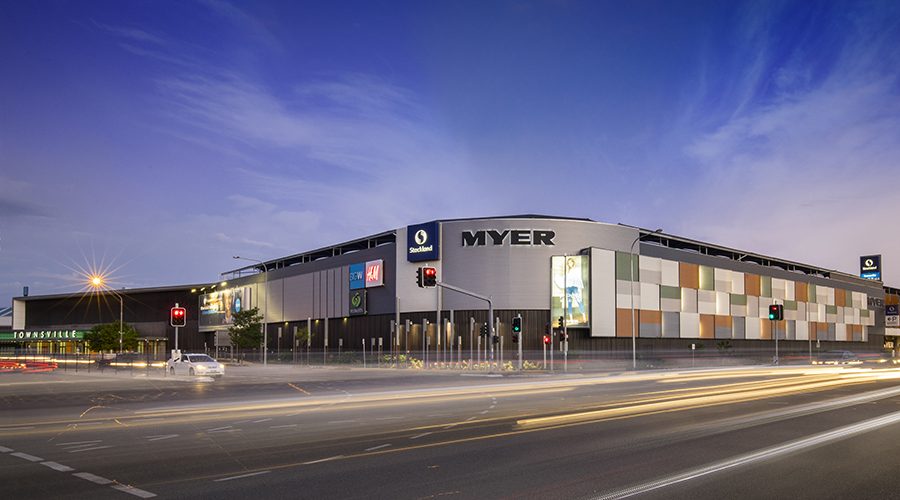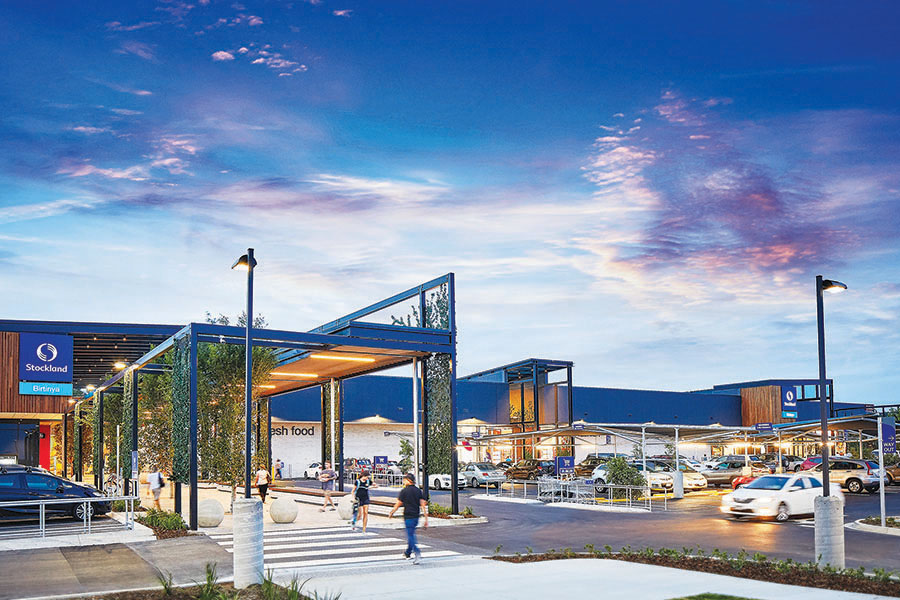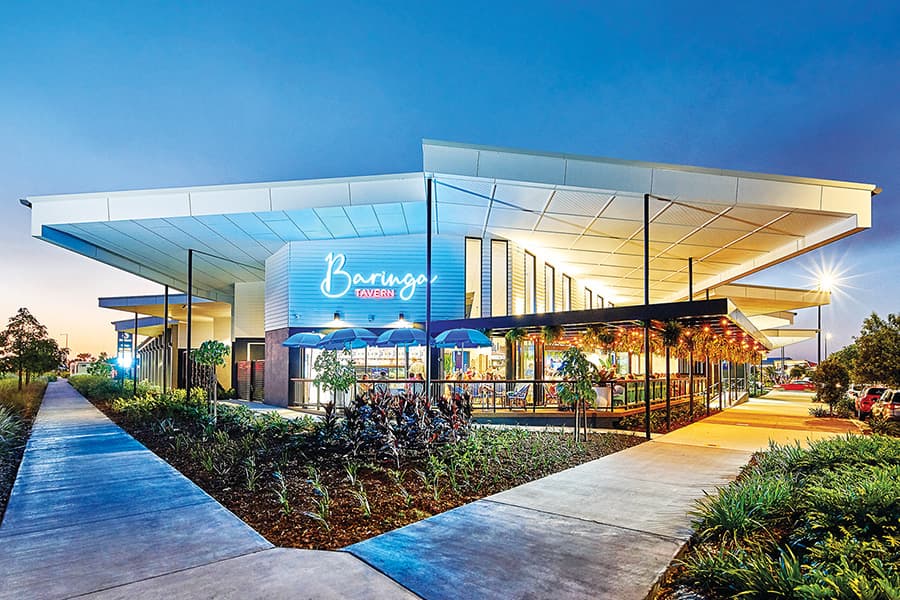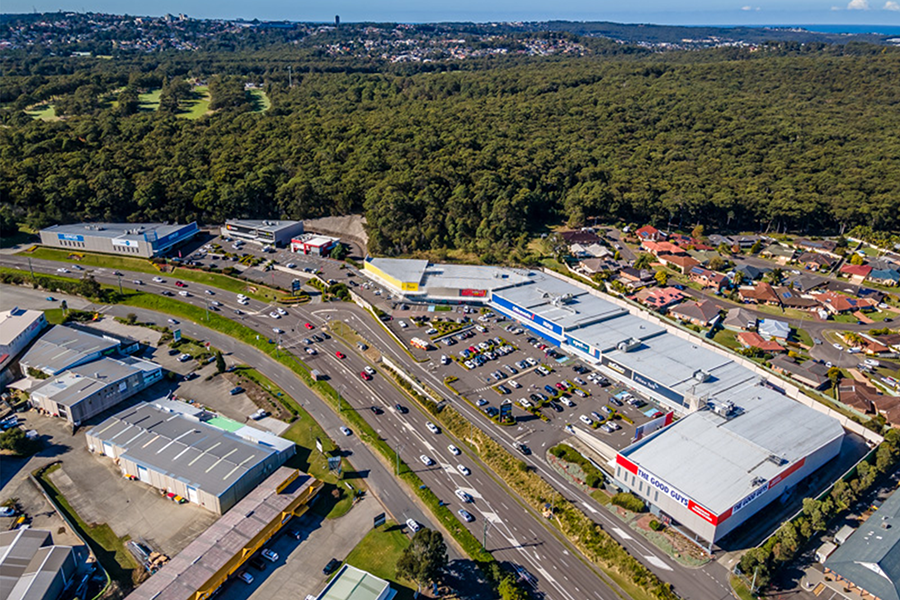This week, Stockland (ASX:SGP) released its results for the 12 months to 30 June 2020 (FY20), reflecting the benefits of a diversified portfolio. The group’s strategy of building and investing in the category of Retail Town Centres has seen a strong performance with a loyal and close proximity customer bases. The focus on convenience based retail mix offerings has also resulted in a positive outcome.
Managing Director and CEO, Mark Steinert, said: “I am pleased to announce a full year result which reflects the benefits of our diversified portfolio, particularly in light of the economic challenges presented by the Australian bushfires and the COVID-19 pandemic. We have tackled these challenges proactively and decisively, responding to these unprecedented events to both protect our business and position us well for the future.
“We continued to successfully execute our group strategy throughout the year despite these challenges and this is reflected in the underlying performance of the business. FFO was down 8.0% to $825 million and FFO per security was 34.7 cents down 7.2%, reflecting COVID-19 impacts across our business particularly on our Retail Town Centres, offset by growth in Communities, Workplace and Logistics.
“As restrictions eased our business has been able to scale rapidly to meet demand as foot traffic returned to Retail Town Centres and government stimulus re-energised the residential sector” said Steinert.

Strongholds in community markets will benefit Stockland long-term
There has been steady progress made on rental negotiations with Commercial Property tenants affected by the COVID-19 pandemic. Rental abatements and provisioning for expected credit losses against lease rent receivables have been provided under the Government’s Commercial Code of Conduct (Code), as implemented under state government legislation, for small and medium enterprise (SME) businesses and on a case by case basis for other impacted tenants. Stockland have finalised approximately 52% of retail rental negotiations, by number of relevant tenants, seeking support. More than 85% of agreements negotiated with non-SME retailers include lease extensions and / or new store deals.
Accounting recognition for these negotiations is in line with the recent ASIC guidelines and reflects at 30 June 2020 a $29 million charge to FFO for tenant abatements agreed or estimated for deals yet to be completed, and a $38 million expected credit loss (ECL) provision against a net lease receivable of $73 million.
The Commercial Property portfolio was independently valued resulting in a net valuation decline of $464 million compared to the estimated book value at 30 June 2020.
Group Executive and CEO Commercial Property, Louise Mason, said: “During FY20 we settled $220 million non-core retail asset divestments contracted to sell in FY19 and executed contracts for an additional $418 million post balance date in line with 30 June 2020 valuations. Our exposure to retail, on a proforma basis, is now 39% of our total portfolio weighting.”
Prior to the impact of the COVID-19 pandemic on the Retail Town Centre portfolio, Stockland had begun to see success from its rebasing and remixing strategy. Solid retail comparable sales growth of approximately 3% was achieved for the eight months to February 2020. Comparable sales performance was significantly impacted in 4Q20 with a specialty sales decline of 30.1%, offset by supermarket growth of 8.0%. The Group saw a faster than expected rebound in sales through May 2020 and June 2020 following the easing of government restrictions. For July 2020 comparable total sales growth was 2.4% and comparable specialty sales growth was 1.4%.
During FY20 the portfolio delivered slightly positive MAT growth, with the impacts of the pandemic primarily on specialty stores largely offset by supermarkets, mini-majors and discount department stores.

Stockland Birtinya – a good example of a Retail Town Centre
During the year, total retail turnover across the portfolio remained flat with the comparable sales rate slightly negative. Retail Town Centres have seen significant improved trading performance where government restrictions have been relaxed.
Foot traffic has since improved in line with the easing of government restrictions with around 94% of stores by rental income now trading4 across the entire portfolio. Retail assets located in Victoria, which are affected by increased government restrictions implemented in August 2020, currently have around 54% of stores trading.
More than 85% of COVID-19 rental support agreements have been negotiated with non-SME retail tenants include lease extensions or new store deals.
The Group has not applied for or received any funds from the Federal Government’s JobKeeper scheme.
Steinert continues: “We remain focused on creating Australia’s most liveable and sustainable communities, accelerating our Logistics development pipeline and future proofing our Retail Town Centres.
“The impact of COVID-19 is extensive and has created significant and continuing uncertainty. We have seen reasonable resilience to the impact of the pandemic due to the provision of essential services, our sub-regional and non-metropolitan retail exposure, and the strength of our leading Communities business. Nonetheless, there have been significant impacts on our people, customers, residents and different parts of our business. We will continue to monitor the impacts of COVID-19 and the implications for our business, while remaining agile in our execution of strategic priorities.
“In June 2020 I announced my intention to retire. My continuing focus is leading Stockland through COVID- 19 and ensuring a seamless leadership transition.
“With a strong liquidity position, we are well placed to respond to increased demand in housing and logistics and relative strength of convenience based retail centres. I am incredibly proud of how the team and business is performing. Whilst it is difficult to predict the outcome of FY21 with certainty, in the coming months, we are committed to the continuing execution of our strategy and positioning the business for the future,“ said Steinert.





















